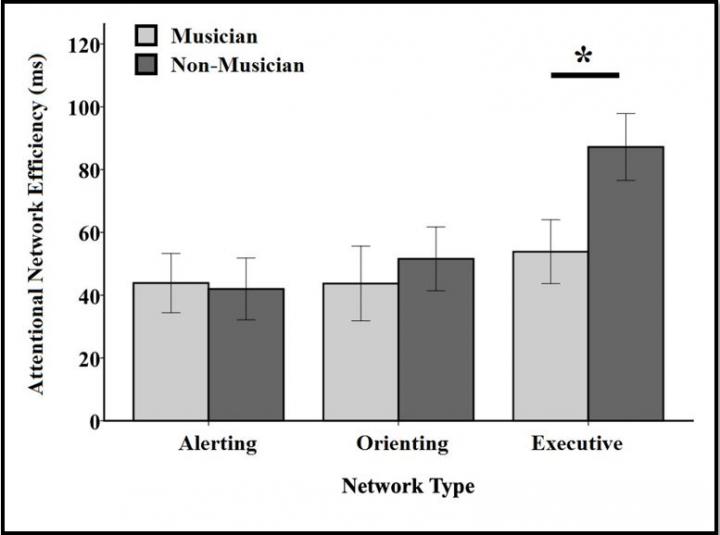Helping an Estranged Family Reconnect
When my client came to my office for therapy just shy of her 70th birthday, I didn’t know if I could help her. A divorced mother estranged from her four adult children — because of her bad mothering, she explained — she was living alone, retired from a job she disliked, racked with sorrow over…









